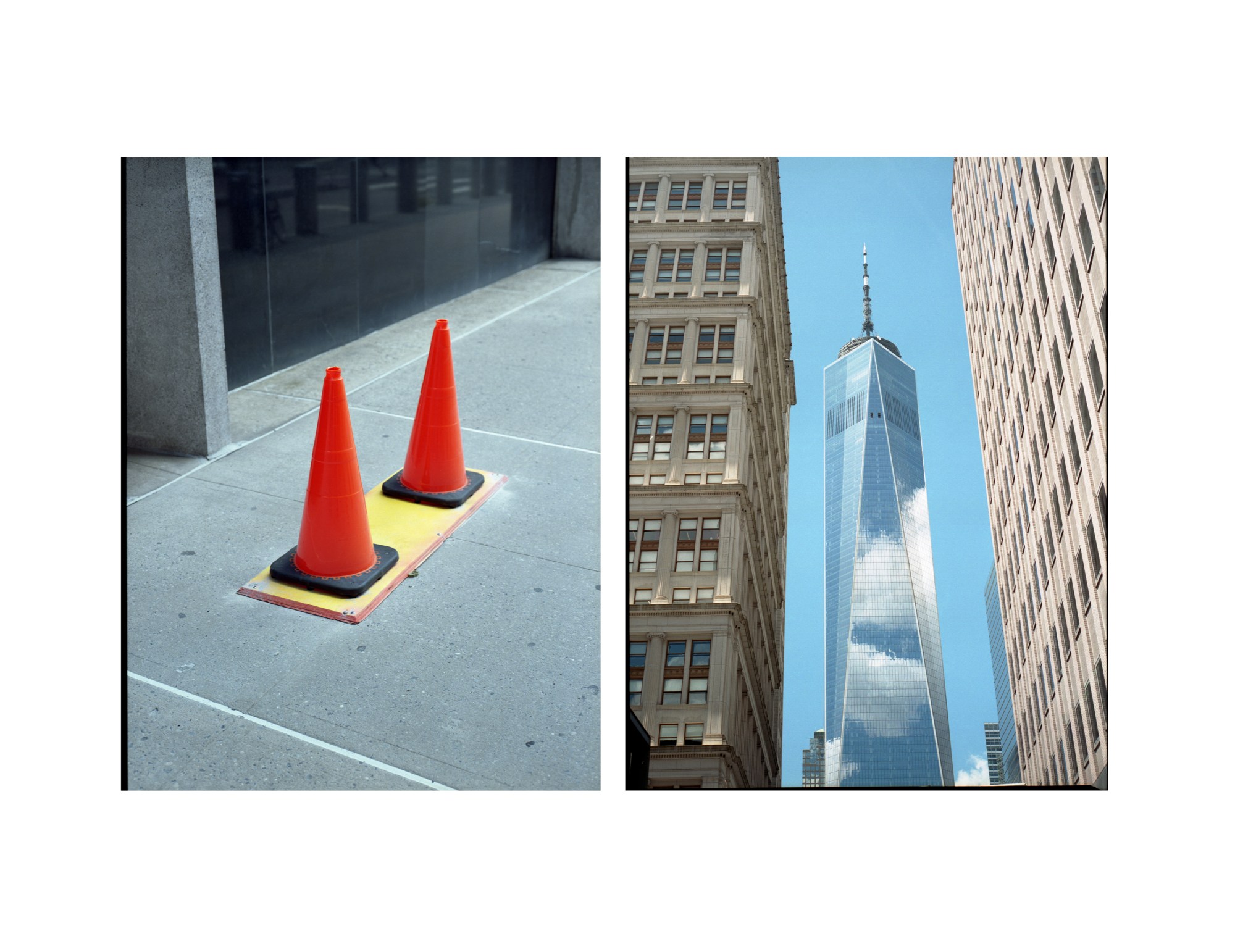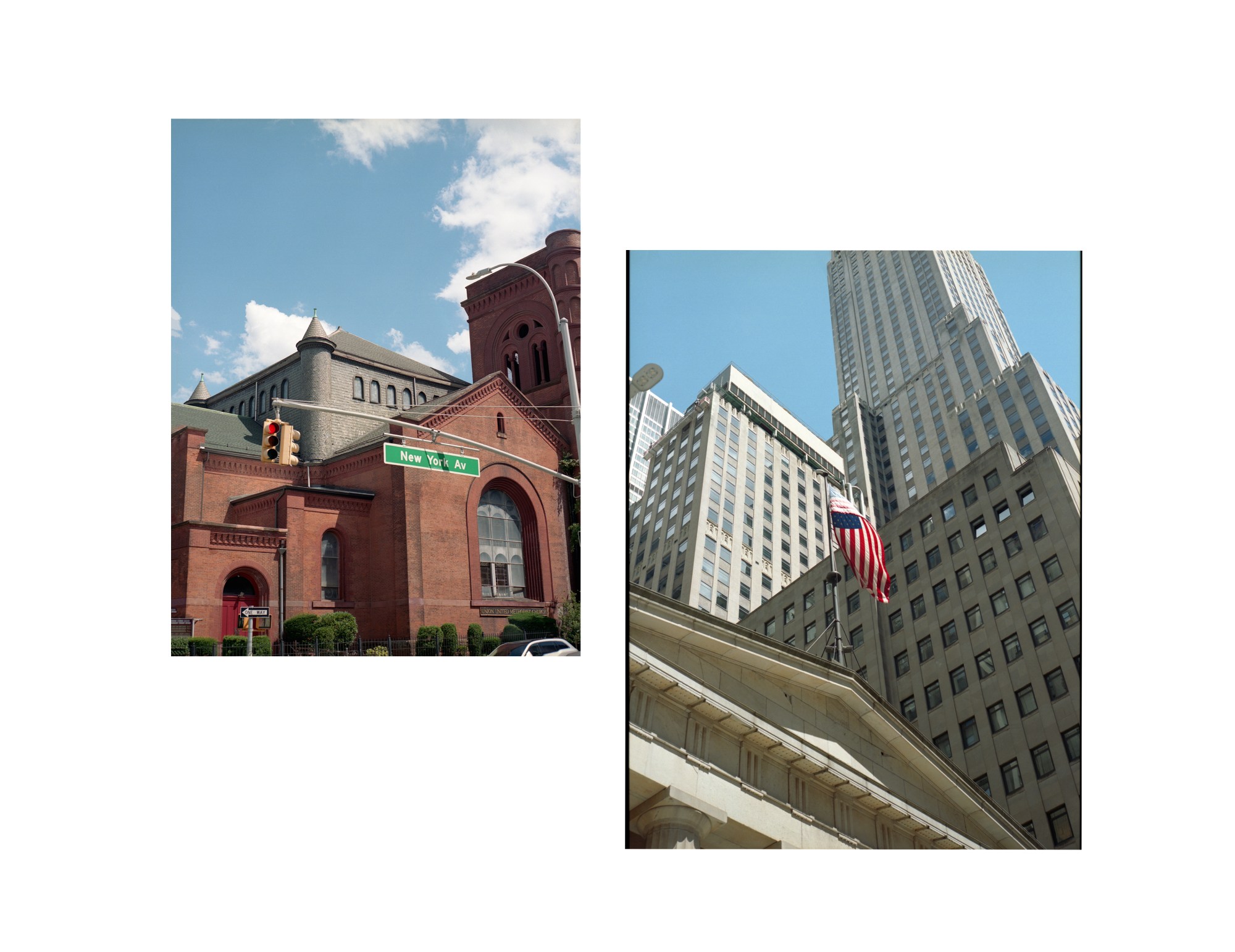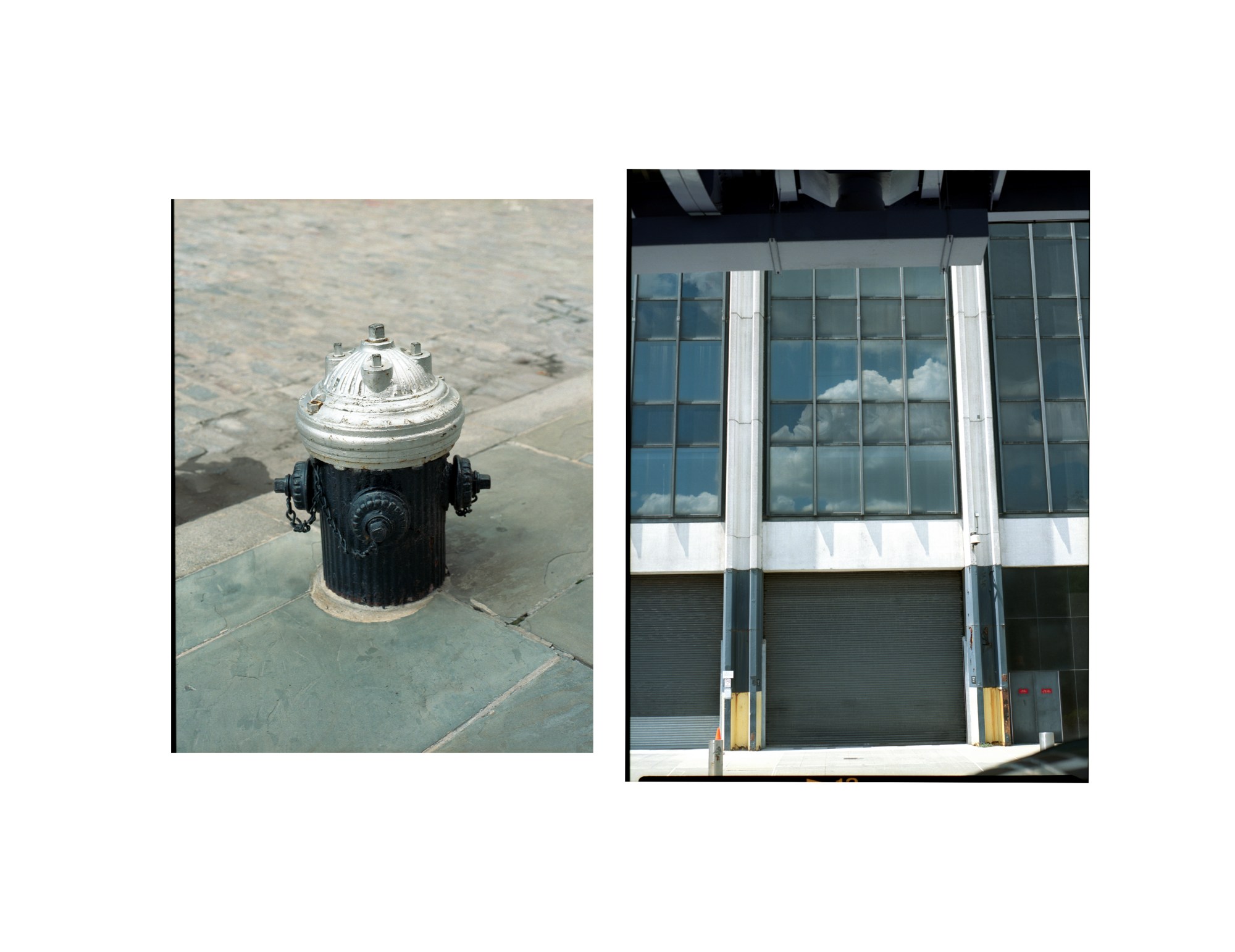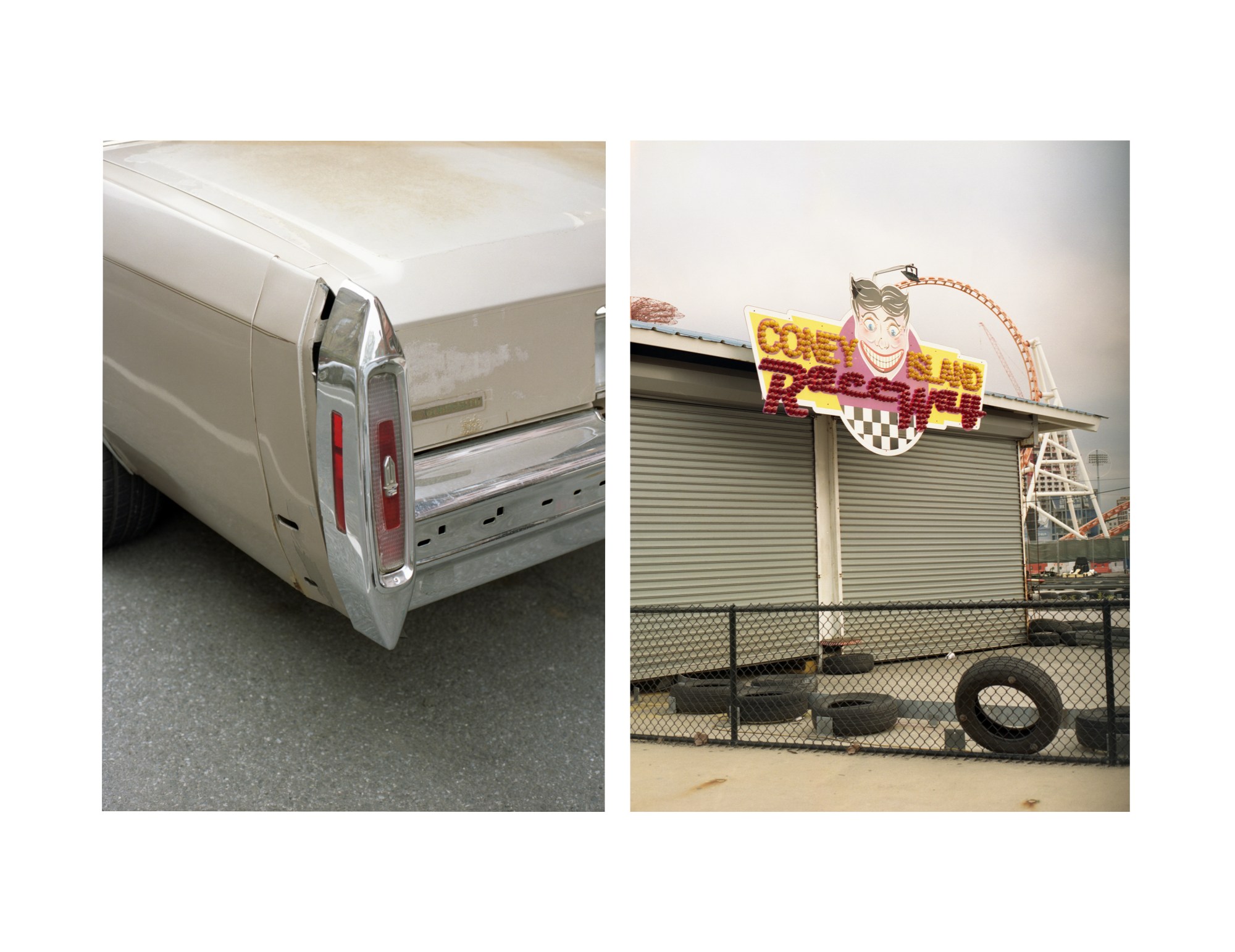Photographer Kristina Shakht’s work usually centres around portraiture, so the lockdown presented a dilemma — namely, that there were no people around to direct her gaze towards. Instead, she took to the streets of New York, where she lives. “I think limits make things easier for creating,” Kristina says of the lack of subjects to photograph. “Previously, it was more about the city and the people.”
The photographer soon set to exploring the many neighbourhoods that are usually packed with people. Coney Island, the Financial District, Midtown — all empty of their usual commuters or rollercoaster riders. “It looked like a lot of different places at the same time,” Kristina says. “It reminded me of South Russia with its boardwalks and corny Soviet ferris wheels, but also pictures that I saw from California and movies about small American towns. It was so empty, lonely and fascinating. Coney Island’s boardwalk is normally the liveliest place, so it was very beautiful to see it without people.”
i-D talked to Kristina about growing up between Russia and the USA, how her portrait of her boyfriend ended up in the NY Times, and the changing mood of New York.
Tell us a little bit about yourself and your background as a photographer.
My name is Kristina Shakht and I’m Russian-American living in New York. I lived in New Mexico as a child, then my family moved back to Saint Petersburg, and in June 2019 I came to New York on my own.
For most of my life I studied art and design. I started being interested in photography when I was 14 and would shoot with a Russian film camera called a ‘Zenit’ but after a while I dropped that hobby — I didn’t get along with film. When I was 19, I started a jewellery brand and I was a producer for all of my shoots. After a year, I began taking pictures myself.
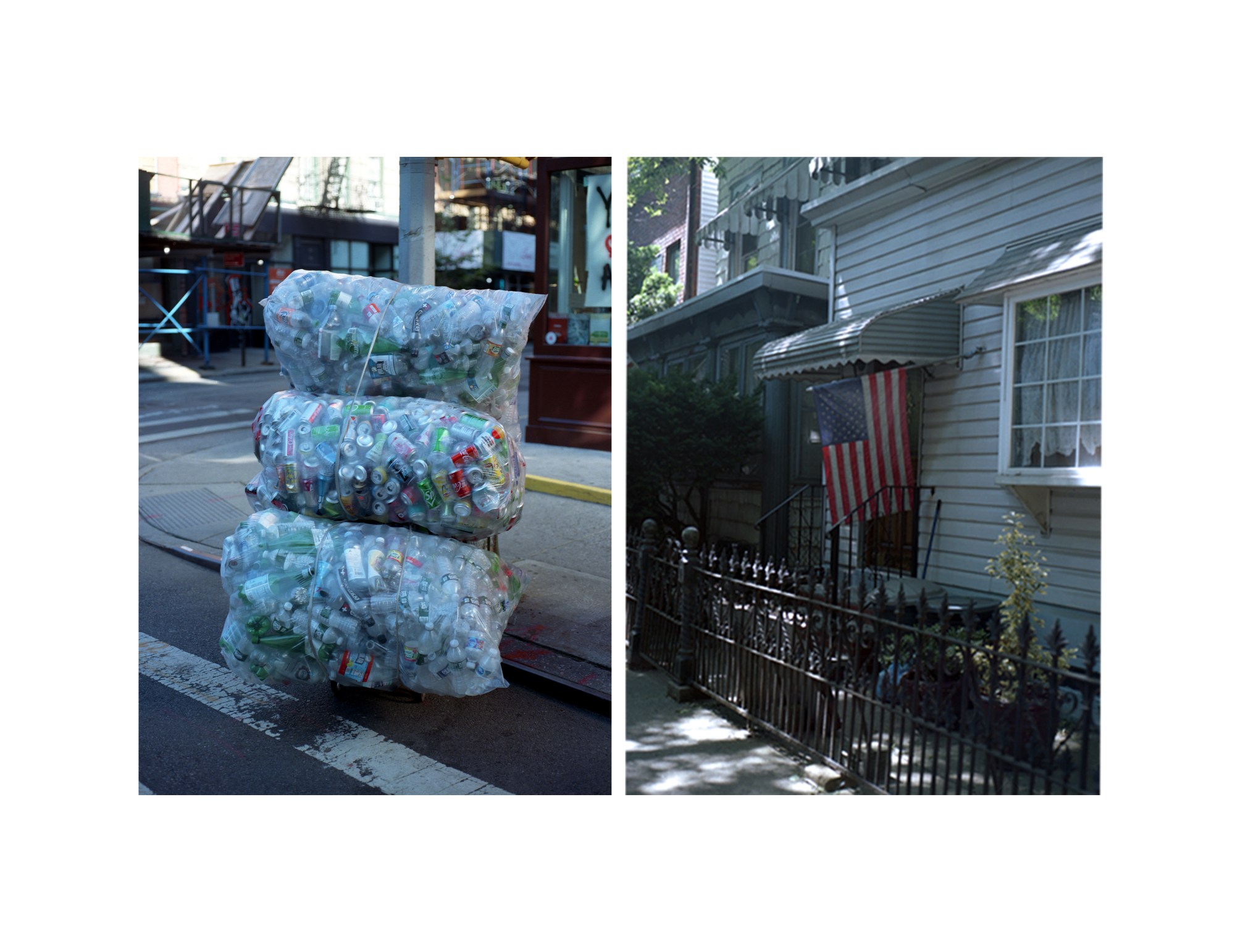
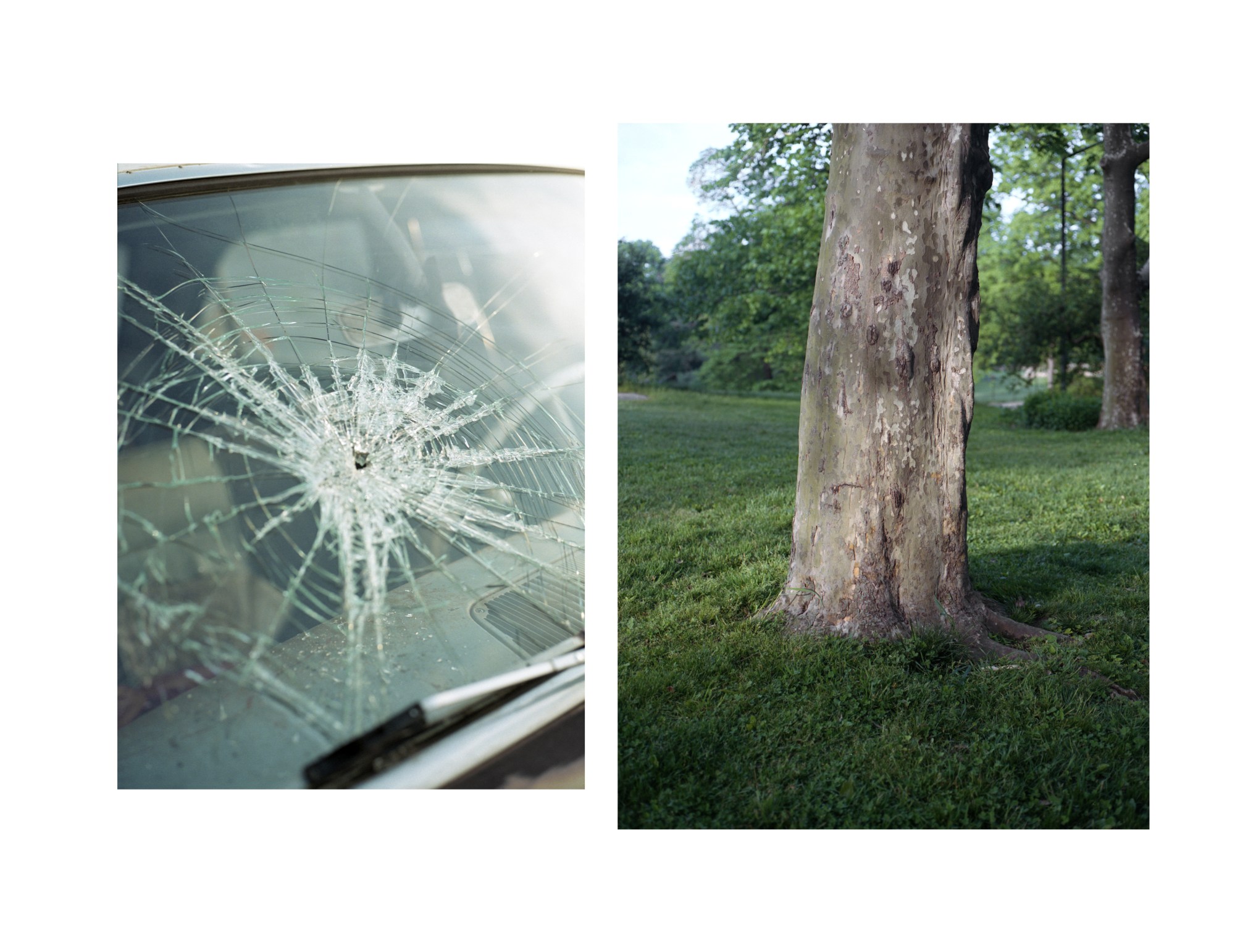
Russia is a very homophobic, sexist and racist country. I always saw two different worlds — Western and Post-Soviet. In American and British media you could see different races, but Russia always portrayed Slavic, Barbie-doll-type people. I had this huge dissonance and probably unconsciously stopped following what was happening in Russia — I was growing up listening to American music, watching American, British, and French movies and just stopped bothering about modern Russian culture because I didn’t see myself in it.
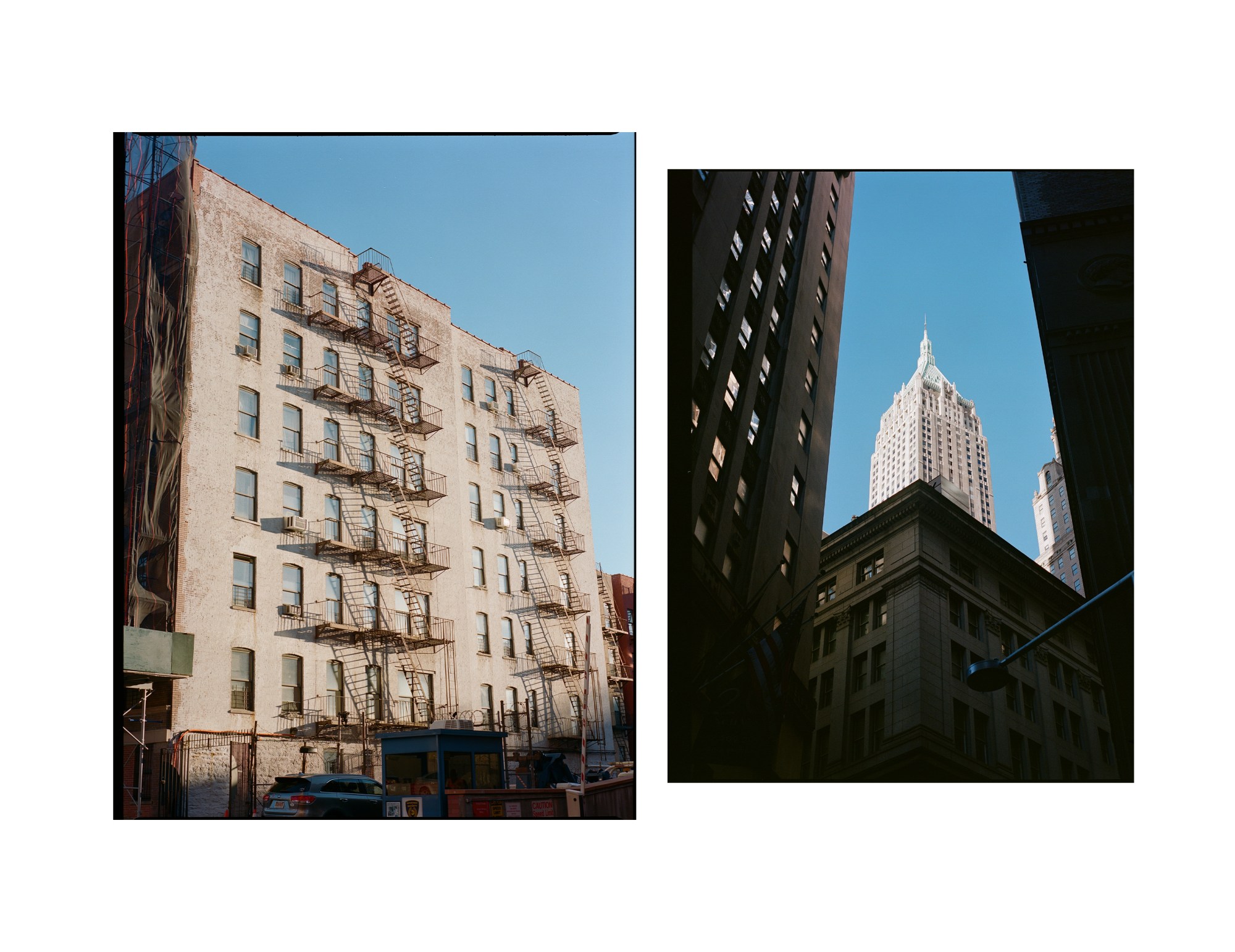
How did the coronavirus lockdown impact your work?
I remember how, on March 1, I was taking an Uber to the studio with my friend because we were afraid to take a train and get sick — New York state had its first case that day. Over the next two weeks the streets and trains got empty and people were scared to be in public.
Production and shoots just stopped happening all of a sudden. I was talking to friends who were preparing shoots they knew would be cancelled because of coronavirus. It was scary because I didn’t know when my next job would be; it’s now been five months since I worked.
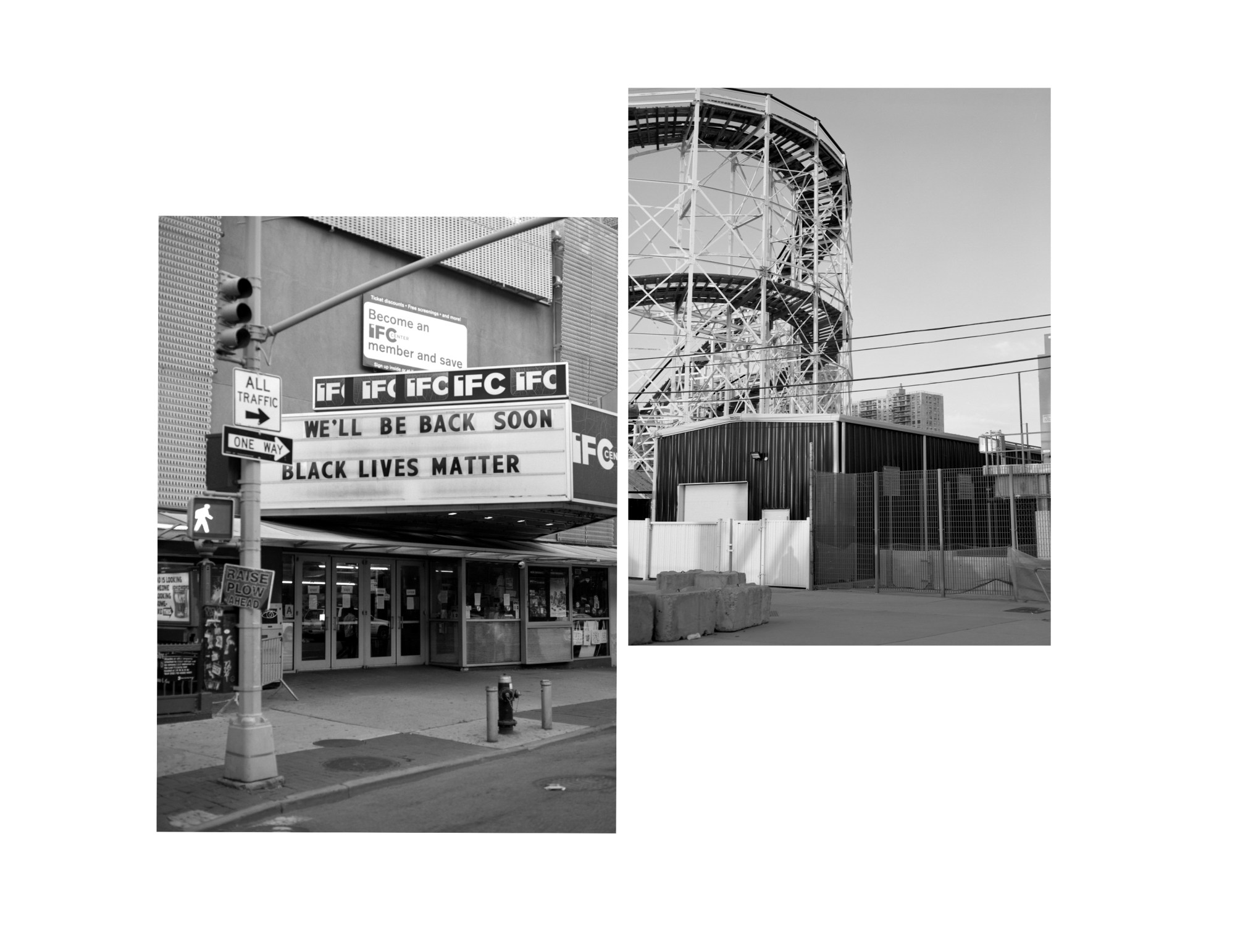
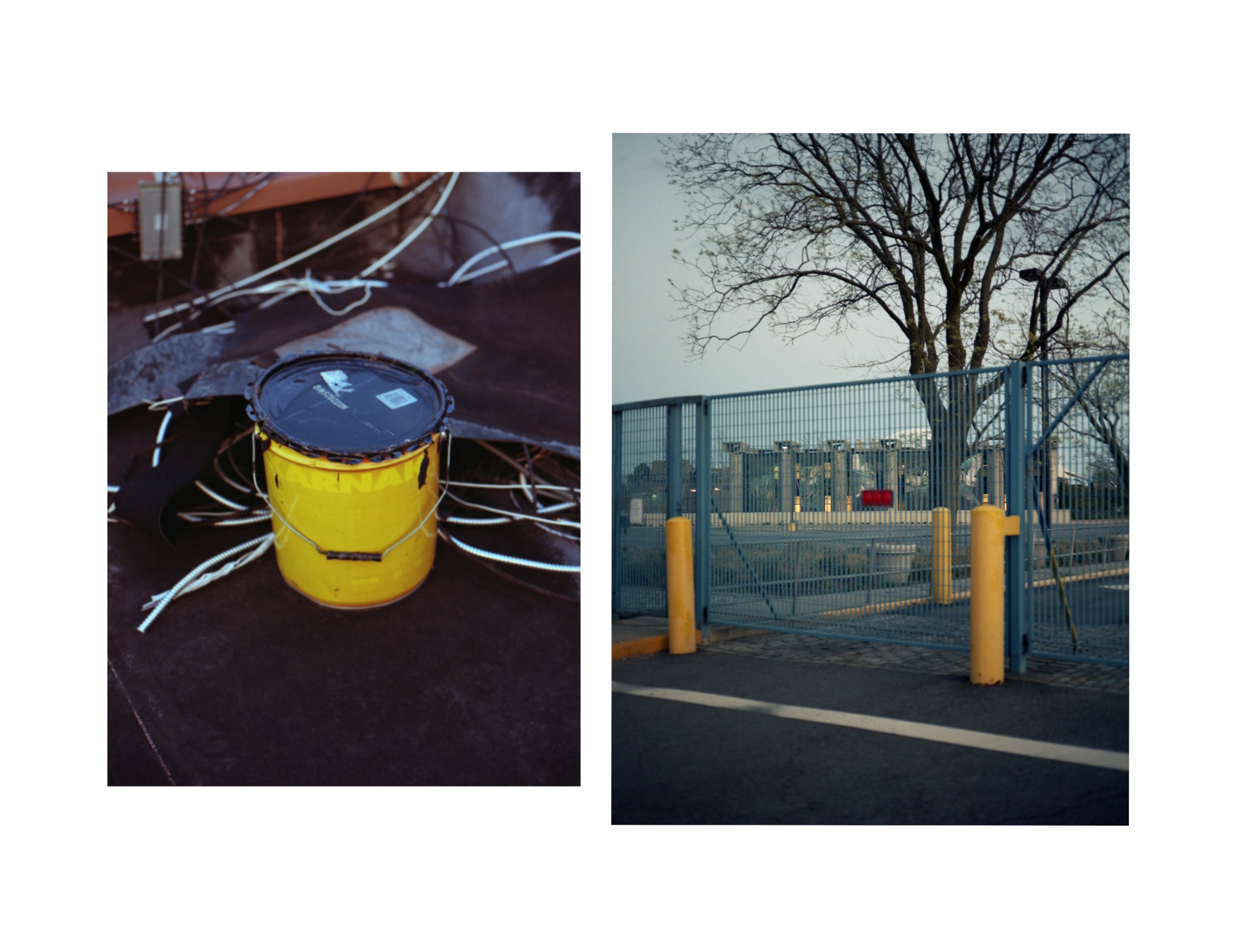
I’m not an American citizen so, unlike my friends, I can’t get any support from the government. I think in the first couple weeks of March no one really understood how bad it would get and how long we would be in quarantine. It pushed me to understand again what I want and where I want to go with art and photography, to see the bigger picture. It also made me understand how important my loved ones are to me. I wanted to visit my family in Saint Petersburg, but I think I’ll only be able to do it next summer, which will mean two years of not seeing them.
I started shooting the city and it became a personal project, after three or four years of shooting only people. It’s an interesting experience and my second project about New York — the previous one was more about its people. I think the past seven months made people mature in different ways. I see this in my work and there is a big progress. I think limits make things easier for creating.
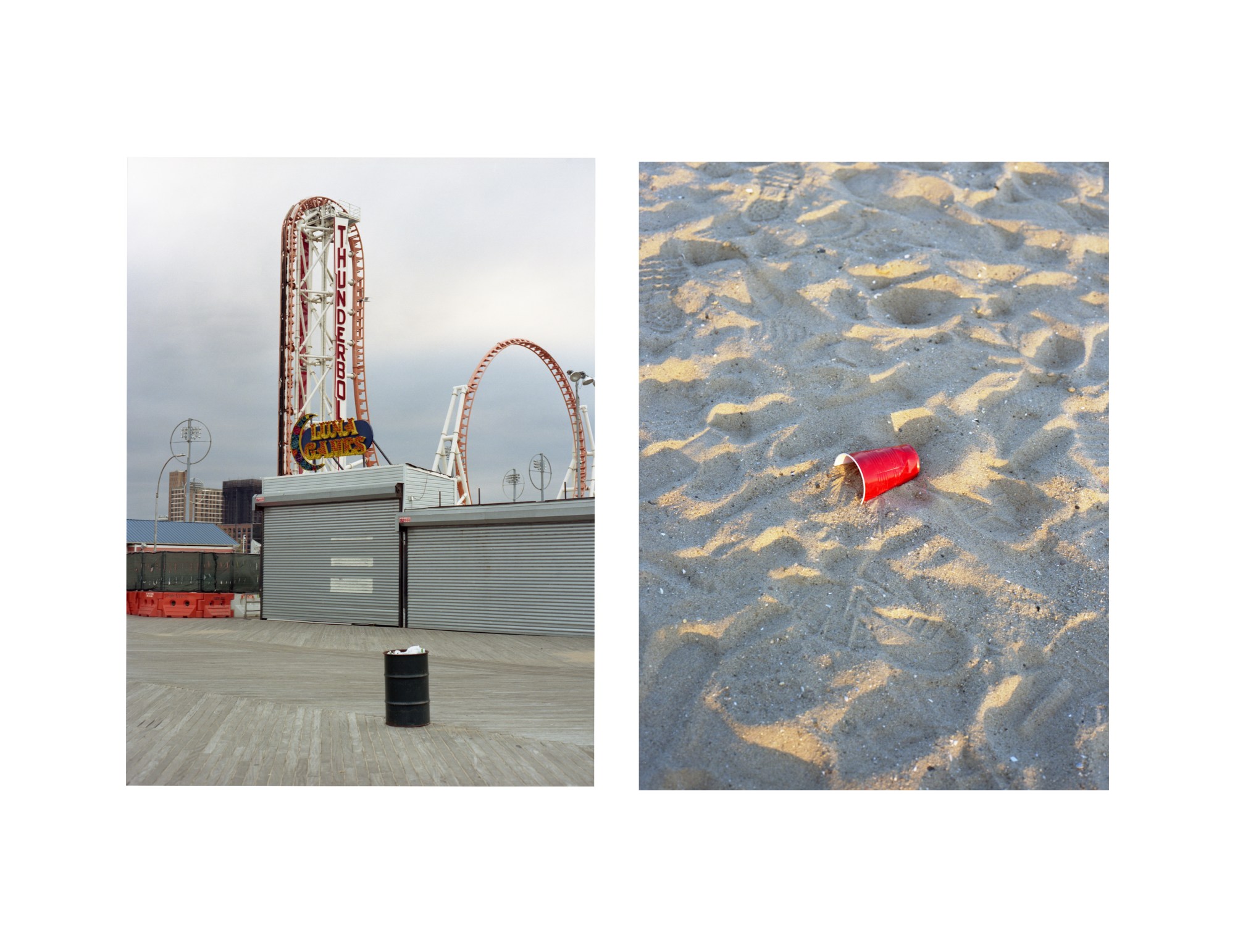
How was the lockdown experience for you personally?
I honestly feel that photography was my way of coping with lockdown — all of a sudden my life shrank down to the size of a tiny Brooklyn apartment, so I started taking pictures of the city, some tiny details around me and a lot of portraits of my boyfriend. He’s an introvert and I was basically taking pictures of him every day, like when he buzzed his hair for the first time. I just took a camera and started shooting him. He gave me a look like, ‘are you serious? no one needs to see this…’ Well, one of those pictures ended up in an NY Times article last week and it just made me understand, once again, how important it is to take pictures of small things that you find interesting.
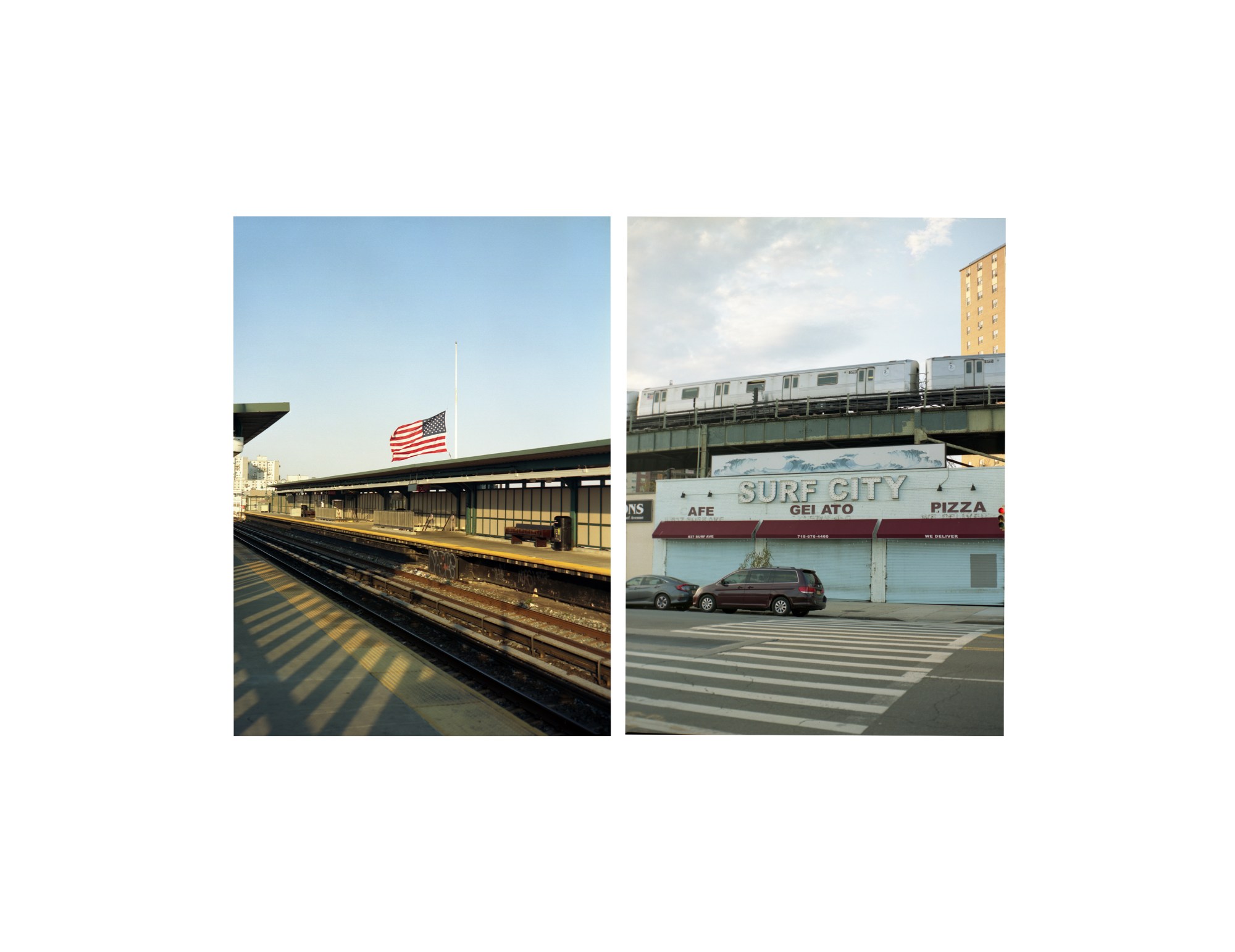
What made you decide to start this lockdown photography project? Which were the first images you took and how did it develop?
There was no specific moment that I decided to start the project, it was very organic. I took the first picture of the series in May when we drove with my friend to Brighton Beach. I was taking portraits of him near the ocean and shooting things around me on the way there. The first picture was a blue fence, then a couple of minutes after, the train going above a shutdown Surf City, then the B&W garage and part of the Coney Island amusement park and the red cup on the sand on the beach.
I came back to Coney Island a couple weeks after — I wanted to shoot shops and amusement parks that were shut down. It looked like a lot of different places at the same time, it reminded me of South Russia with its boardwalks and corny Soviet ferris wheels but also pictures that I saw from California and movies about small American towns.
It was so empty, lonely and fascinating, during the regular time Coney Island’s boardwalk is the liveliest place. It was very beautiful to see it without people. Then there were shoots in the Financial district, Harlem, Midtown, the West Village, Rockaway, Greenpoint and Brooklyn where I live.
What is the thing you’ve been most looking forward to doing as lockdown restrictions are eased?
I’m dreaming about going to a museum. I already have a ticket for the Whitney. I also want to travel and I hope I’ll have a little trip to the countryside in fall. It feels weird going out and travelling a long distance now, I feel social responsibility and it just doesn’t seem right to go somewhere far away only for pleasure. I also just really want to shoot people again.
